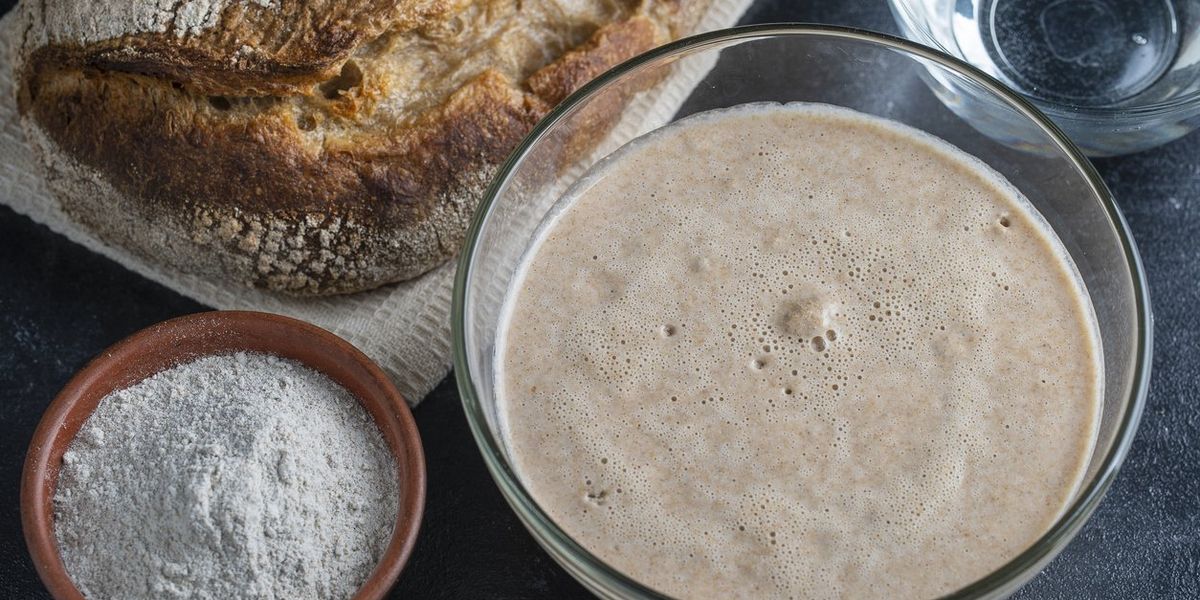Meditation is a powerful tool for self-awareness, and tailoring your practice to your personality type can enhance its effectiveness. Each personality type can benefit from different styles of meditation that align with their unique traits.
Here’s how you can customize your meditation practice based on your personality:
The Overthinker (Analytical/Detail-Oriented) often struggles with a racing mind, making it hard to stay focused during meditation.
For this personality type, guided meditation is highly beneficial as it provides structure and helps prevent the mind from wandering. A body scan meditation can also work well, as it encourages you to focus on each body part, grounding you in the present moment and breaking the cycle of overthinking. Additionally, mantra meditation, which involves repeating a word or phrase, can keep your mind focused and calm the constant flow of thoughts.

The Creative Visionary (Creative/Spontaneous) thrives in free-flowing environments and may find rigid meditation practices restrictive.
Open awareness meditation is perfect for this personality, allowing the mind to wander freely without judgment, which fosters creativity. Visualization meditation, where you focus on peaceful, calming images or dream-like landscapes, taps into the visionary’s imagination. Movement meditation, such as yoga nidra or dance meditation, combines physical activity with mindfulness, providing a space for creative expression.

The Doer (Active/Goal-Oriented) is driven and goal-focused, often finding it difficult to sit still.
To balance this energy, mindful movement meditation is ideal. Activities like walking meditation or yoga allow for physical engagement while promoting mindfulness. Focused attention meditation, which involves concentrating on a specific object or sound, can also help by providing a tangible focus. Breathwork (pranayama) is another excellent choice for the active personality, as it provides both physical engagement and mental relaxation, calming restless energy.

The Empath (Sensitive/Intuitive) is highly attuned to the emotions of others, which can make it difficult to maintain personal boundaries and stay centered.
Loving-kindness meditation (Metta) helps by promoting compassion and kindness, both for oneself and others. Grounding meditation, which involves connecting to the earth and releasing emotional energy, can help empaths protect their emotional space. Additionally, focused breathing techniques like diaphragmatic breathing calm the nervous system and help manage emotional overload.

The Natural Leader (Confident/Decisive) possess strong leadership qualities but can sometimes struggle with stress or the need for control.
Zen meditation (Zazen) encourages a clear, focused mind while allowing for the release of control, which is particularly beneficial for leaders. Self-inquiry meditation (Atma Vichara), which involves exploring one’s true nature and purpose, can help deepen self-awareness. Gratitude meditation is also a powerful practice, allowing leaders to reconnect with humility and appreciation, fostering inner peace and reducing burnout.
The Supportive Friend (Nurturing/Compassionate) prioritizes the needs of others over their own and can become overwhelmed by emotional burdens.
For this type, self-compassion meditation is essential. It encourages nurturing thoughts and kindness toward oneself, reducing self-criticism and promoting healing. Guided meditation with affirmations reinforces positive beliefs and helps replenish emotional energy. Body-centered meditation, such as progressive muscle relaxation or body scan techniques, helps release tension and calm the mind.

The Skeptic (Pragmatic/Logical) prefer facts and logical explanations, making abstract meditation practices harder to engage with.
Mindfulness meditation is a good fit, as it focuses on the present moment, allowing the skeptic to tune into their sensory experiences, such as sound, sight, and touch, in a grounded way. Scientific meditation, which emphasizes the real-world benefits of meditation like stress reduction or cognitive improvement, can also help make meditation feel more practical. Breath-focused meditation offers a simple, tangible practice of observing the breath, which brings clarity and focus without requiring belief in esoteric concepts.
By tailoring your meditation practice to your personality type, you can find a method that feels natural, engaging, and beneficial for your unique needs. Whether it’s a structured approach, a creative free-flowing method, or a goal-oriented practice, meditation can enhance your life in meaningful ways.
Disclaimer
The Content is not intended to be a substitute for professional medical advice, diagnosis, or treatment. Always seek the advice of your physician or other qualified health provider with any questions you may have regarding a medical condition.
Publisher: Source link










